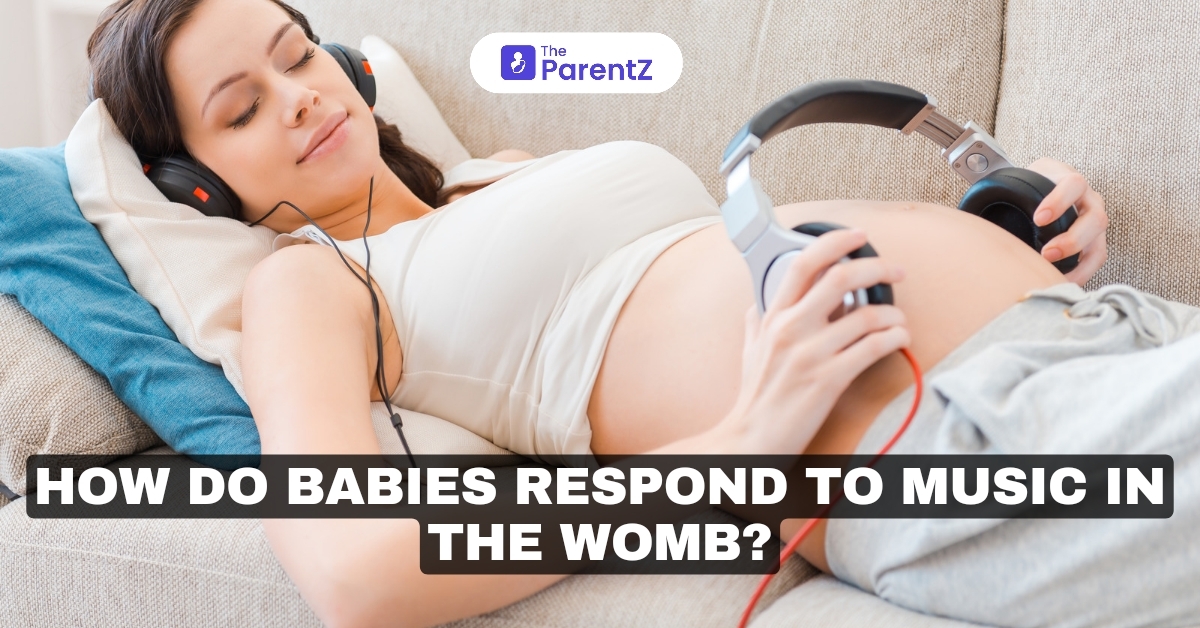The connection between mother and baby is a profound and mysterious bond, one that begins long before birth. Among the many fascinating aspects of prenatal development is how babies respond to music in the womb. This topic has intrigued scientists, parents, and musicians alike, as it touches on the interplay between environment, emotion, and early brain development. In this article, we’ll explore the ways in which babies react to music during pregnancy, the potential benefits of prenatal exposure to music, and how parents can mindfully incorporate music into their prenatal experience.
The Science of Hearing: When Do Babies Start Listening?
Babies begin to develop their sense of hearing around the 18th week of pregnancy, and by the 24th week, the auditory system is advanced enough to detect sounds from outside the womb. However, the experience of sound for a fetus is quite different from that of a newborn. The womb is a muffled environment, where sounds from the outside world, including music, are filtered through layers of tissue and amniotic fluid. Nevertheless, by the third trimester, babies are capable of recognizing and responding to various auditory stimuli, including their mother’s voice and, intriguingly, music.
How Babies Respond to Music in the Womb
Research suggests that babies are not only capable of hearing music in the womb but can also respond to it in a variety of ways. These responses are often subtle but significant, indicating that even before birth, music has the power to influence a developing brain.
1. Changes in Heart Rate
Studies have shown that babies’ heart rates can change in response to music. For example, when a mother listens to music, particularly music she enjoys, the baby’s heart rate may accelerate or decelerate. This reaction is believed to be linked to the emotional state of the mother, as well as the tempo and rhythm of the music.
2. Movements and Kicking
Many mothers report that their babies become more active when exposed to music. The sensation of a baby kicking or shifting in response to a familiar song is a memorable experience for many parents. These movements are thought to be a sign of the baby’s engagement with the sound environment, possibly indicating recognition or enjoyment of the rhythm.
3. Memory and Recognition
There is compelling evidence that babies can remember music they heard in the womb after they are born. In a study where newborns were exposed to a melody that had been played to them during the last trimester, researchers found that these babies showed a preference for the familiar tune, indicating that they recognized it.
The Potential Benefits of Music in the Womb
While the science of prenatal music exposure is still evolving, there are several potential benefits that have been observed or theorized based on current research.
1. Emotional Bonding
Playing music during pregnancy can strengthen the emotional bond between mother and baby. Music can be a shared experience, creating a sense of connection that transcends the physical boundaries of the womb. When a mother relaxes to music, her baby may also experience a sense of calm.
2. Cognitive Development
Exposure to music might support cognitive development by stimulating the brain’s auditory pathways. Some researchers suggest that music could help with language acquisition and early literacy, as the rhythmic patterns in music are similar to those found in speech.
3. Stress Reduction
Music has long been recognized for its ability to reduce stress, and this benefit extends to pregnancy. Lower stress levels in the mother can contribute to a healthier pregnancy, and by extension, a more serene environment for the developing baby.
How to Incorporate Music into Your Pregnancy
If you’re pregnant and interested in incorporating music into your prenatal routine, here are some tips to consider:
- Choose Music You Enjoy: Your emotional response to music can influence your baby’s experience. Play music that makes you feel relaxed, happy, or connected.
- Create a Playlist: Curate a special playlist of songs that you can play during quiet moments. These songs might become meaningful to both you and your baby after birth.
- Sing to Your Baby: Don’t be shy about singing to your baby, even before they are born. Your voice is one of the most comforting sounds they will hear.
- Mind the Volume: While the womb naturally muffles sound, it’s still a good idea to keep the volume at a moderate level. Loud noises can be startling to a developing baby.
Conclusion
Music has a profound impact on our lives, and it seems that this influence begins even before we are born. Babies in the womb respond to music in ways that suggest it plays a role in their early development, from heart rate changes to movements and memory. By incorporating music into your pregnancy, you can create a nurturing environment that supports emotional bonding, cognitive growth, and stress reduction. As you share these melodies with your baby, you’re not just filling the silence—you’re composing the first notes of a lifelong symphony of love and connection.






Be the first one to comment on this story.